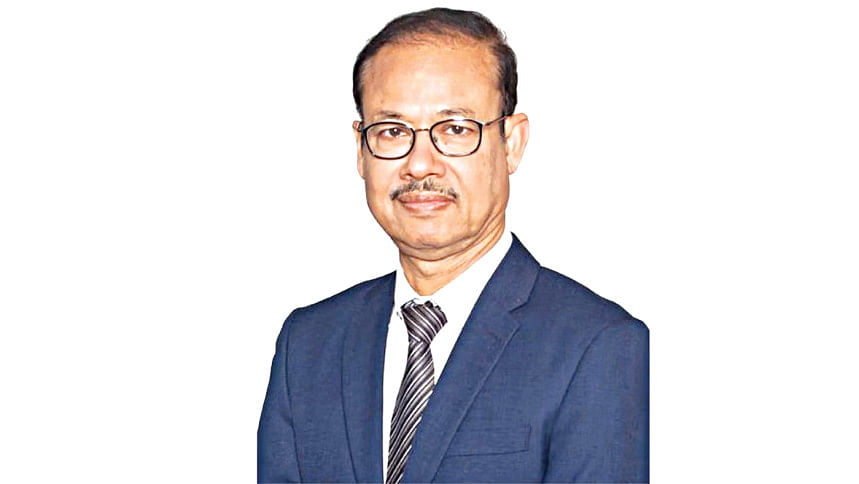Cold storage, food prices, and the role of the state

A recent piece in The Daily Star on rising food prices, especially vegetables, once again highlights a stubborn and preventable problem. During a visit to Karwan Bazar, vendors pointed to recent heavy rains that damaged crops and pushed prices up. But this is merely the latest episode in a recurring cycle.
Each year, vegetable prices crash during the harvest season due to oversupply, then spike months later when supplies dwindle. This seasonal price volatility is driven largely by the lack of cold storage and refrigerated transport, which results in massive post-harvest losses. Most vegetables are highly perishable and cannot be stored beyond a few days without refrigeration. As a result, farmers are forced to sell at low prices during the harvest, while consumers end up paying more later due to scarcity.
Estimates suggest that 30–40 percent of perishable produce is lost after harvest in Bangladesh. This not only harms farmers and consumers but also contributes to food insecurity and inflation. At the heart of the problem lies inadequate infrastructure. Bangladesh has around 400 cold storage units, over 90 percent of which are used to store potatoes. Very few are suitable for vegetables, and even fewer are located in major vegetable-producing regions such as Jashore, Rangpur, or Jamalpur.
In the early 2000s, private entrepreneurs set up cold storage facilities, but many failed due to poor management, a narrow focus on single crops, and low returns. Today, the private sector remains reluctant to invest in cold storage, especially for vegetables. The reasons are clear: cold storage is capital-intensive, involves high operational costs, and offers uncertain returns. Without government support or long-term demand certainty, such projects are seen as financially risky.
Even where land and interest exist, private investors hesitate due to the lack of refrigerated transport, limited access to finance, and the absence of coordinated market systems. Simply put, cold storage is not yet a commercially attractive proposition across much of the country.
That is why the government must act as the lead investor, not merely a facilitator. A revised public-private partnership (PPP) model, in which the public sector bears a larger share of the investment and risk, is essential. Only then will the private sector step in with both confidence and capacity.
Other countries have demonstrated how this can work. In India, government subsidies under the Mission for Integrated Development of Horticulture have supported large-scale cold chain expansion. In Thailand, state-backed loans and cooperative models have made cold storage viable in rural areas. The lesson is clear: public sector leadership is key to attracting sustained private sector involvement.
A comprehensive cold chain strategy should also include grading centres, packaging units, refrigerated transport, and training for logistics personnel. It is not just about storing food but about building a system that connects farmers to consumers efficiently and reliably.
Bangladesh has made significant gains in food production, but post-harvest management and price stability remain major weaknesses. Without stronger infrastructure, climate-induced crop damage and market shocks will continue to push prices beyond the reach of many.
The Delta Plan 2100 and Vision 2041 outline ambitious food security and economic growth goals. But these will not be realised unless cold chain infrastructure is prioritised as critical economic infrastructure -- on par with roads or electricity.
It is time for ministries such as agriculture, commerce, and industries, in partnership with Bida and the PPP Authority, to launch a national cold storage initiative, led by the government and supported by the private sector. This would stabilise prices, reduce waste, empower farmers, and protect low-income consumers.
Investing in cold storage is not just a smart policy; it is a vital step towards food security, rural prosperity, and economic resilience.
The writer is the chairman of Unilever Consumer Care Limited.

 For all latest news, follow The Daily Star's Google News channel.
For all latest news, follow The Daily Star's Google News channel. 



Comments